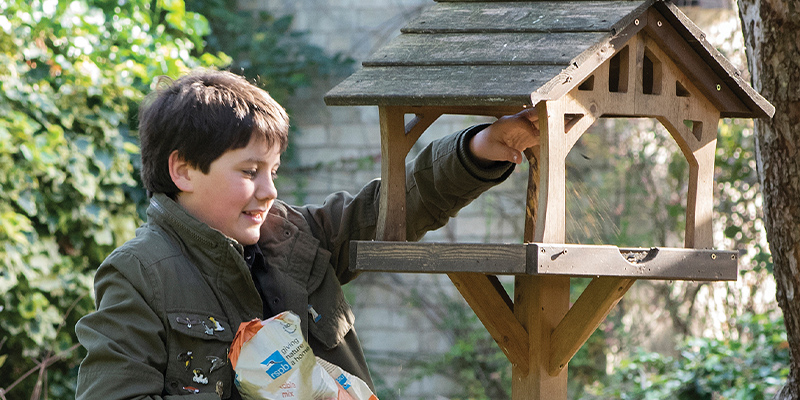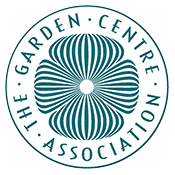
Bird tables are much more flexible when compared to bird seed feeders, you can use leftover household food and a variety of feeding materials to encourage birds to feed from your bird table. If you’re unsure what to feed birds take a look at our article what to put on a bird table. The open nature of bird tables can often leave them more susceptible to other unwanted visitors such as squirrels and rats. We take a look at a few steps you can take to stop rats getting on your bird table and prevent rats from visiting your garden altogether.
Temporarily remove all sources of food
Although as bird lovers you will not want to stop providing food for your feathered friends it can be a good way to break the cycle of rats in your garden. If you have a large rodent problem in your garden and want to stop the rats all together you can try and remove all sources of food for a few weeks. This will stop the rats coming into your garden; however it may be the case that once you start feeding the birds again the rats’ return. In order to stop them returning we suggest once your garden is rat free introduce bird feeding slowly and where possible follow our other recommendations listed in this article.
Keep the area around your bird table clean
Falling seed and debris on the ground will attract rats if they are in the area, rats will locate easy food sources such as this and continue to visit until the food source has been removed. Keeping the area around your bird table clean and removing any fallen food on a regular basis is essential to keep unwanted pests from your bird table. Placing your bird table on easy to clean slabs or a patio area will help make this job much easier and it will enable you to clean the area more regularly.
Make your garden less rat friendly
Rats like to hide in dark corners of gardens and use holes and gaps in fences to travel between gardens. Spaces underneath sheds are also a great place for rats to breed and hide out during the day. Filling these gaps and keeping your garden clean will help reduce the ability for the rats to enter your garden and find places to hide and make homes. Try and locate how rats are entering your garden and block their path. Blocking up any holes in fences and under your shed will help with this process.
Add a baffle to your bird table
If you find rats or other animals are climbing up onto your bird table in order to access food, you can consider adding a baffle. A baffle is a cone shaped piece of plastic or metal that stops squirrels and rats climbing up the post. They not only put a physical blocker in the animal’s way but they are designed to be slippery so animals cannot climb over them and gain access to the bird table.
Bird table placement
Placing your bird table in a location where rats cannot climb and jump across to access the food is vital to stop unwanted animals. Keep your bird table at least 3m away from anywhere that a squirrel or rat can jump from, this includes large branches, fences and sheds.
Use food rats won’t like
Birds don’t have the same taste receptors that mammals like rats and other rodents have, hot chilli powder is therefore harmless to birds and it won’t deter them from feeding from a bird table or bird feeder. Rats and other unwanted garden pests won’t like the taste of hot chili powder and therefore will not be attracted to the food you’re leaving out for the birds on your bird table.
Catch any falling seed
If your bird table is placed on grass it can be difficult to easily and completely clean up all of the fallen debris that attracts rats and other unwelcome animals to your garden. Placing a bird seed catcher or tray beneath your bird table can help to catch any fallen bird food before it makes its way to the grass.
By Webbs


